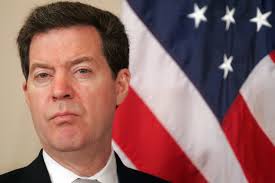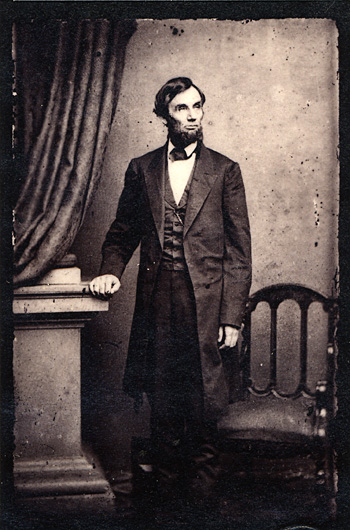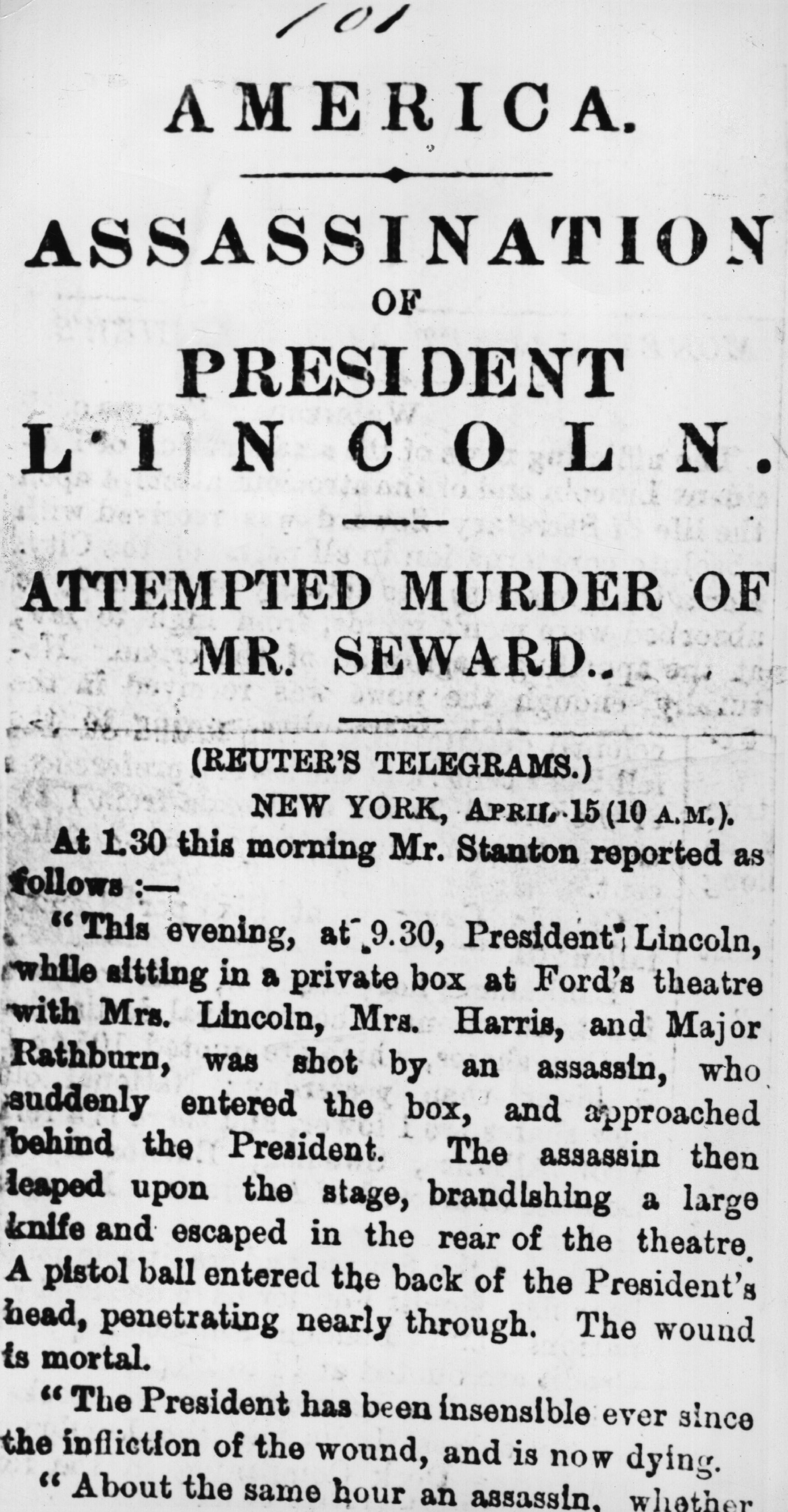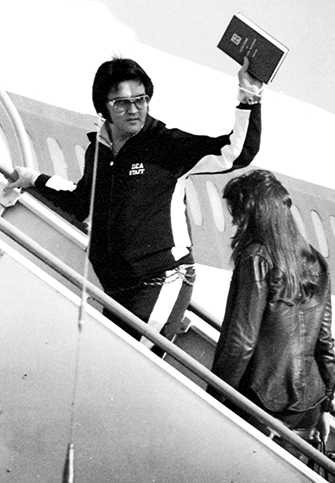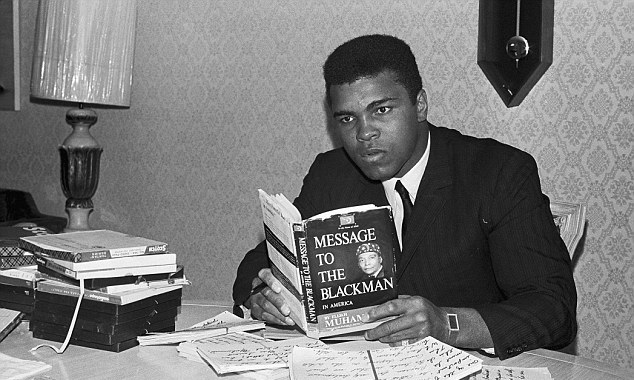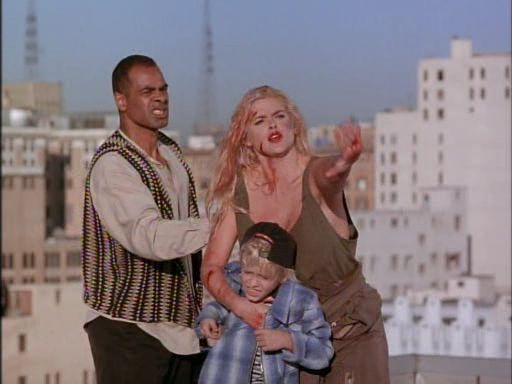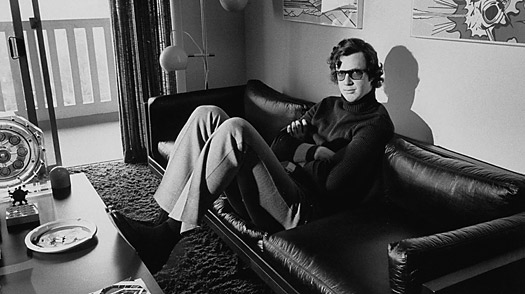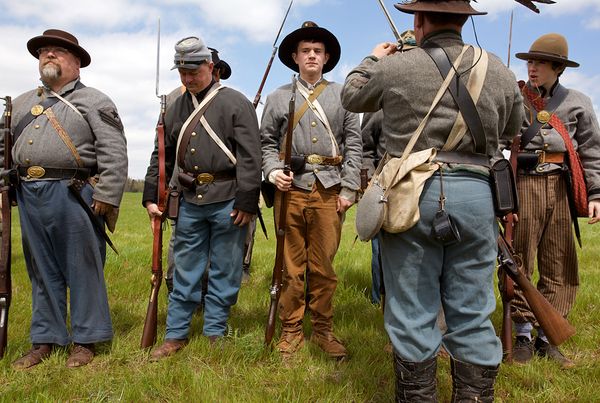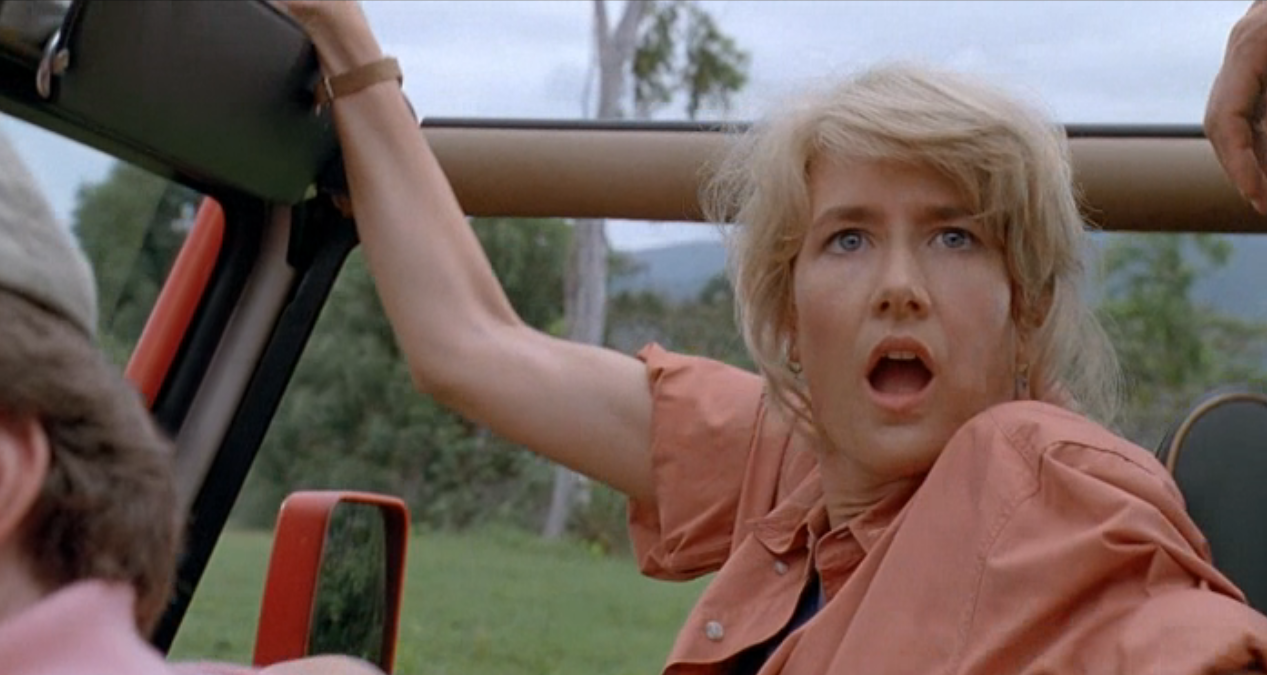
Stephen Glass, the infamous fabulist who was nearly the death of The New Republic in the late 1990s, no longer practices journalism nor should he ever. He works for a law firm in Los Angeles, leading a good-if-unglamorous life, a different man. But is he a changed one? And should he be trusted again in his new vocation? Chuck Lane, the editor who uncovered the fraud, has not forgiven or forgotten, and it’s hard to blame him. To those he lied to, it isn’t easy to restore faith. In a new TNR piece “Hello, My Name Is Stephen Glass, and I’m Sorry,” written by one of his former deceived deskmates, Hanna Rosin, the author tries her best to see things with fresh eyes, hoping they’re not blind ones. An excerpt:
“Once we knew what he’d done, I tried to call Steve, but he never called back. He just went missing, like the kids on the milk cartons. It was weird. People often ask me if I felt ‘betrayed,’ but really I was deeply unsettled, like I’d woken up in the wrong room. I wondered whether Steve had lied to me about personal things, too. I wondered how, even after he’d been caught, he could bring himself to recruit me to defend him, knowing I’d be risking my job to do so. I wondered how I could spend more time with a person during the week than I spent with my husband and not suspect a thing. (And I didn’t. It came as a total surprise). And I wondered what else I didn’t know about people. Could my brother be a drug addict? Did my best friend actually hate me? Jon Chait, now a political writer for New York and back then the smart young wonk in our trio, was in Paris when the scandal broke. Overnight, Steve went from ‘being one of my best friends to someone I read about in The International Herald Tribune,’ Chait recalled. The transition was so abrupt that, for months, Jon dreamed that he’d run into him or that Steve wanted to talk to him.
Then, after a while, the dreams stopped. The Monica Lewinsky scandal petered out, George W. Bush became president, we all got cell phones, laptops, spouses, children. Over the years, Steve Glass got mixed up in our minds with the fictionalized Stephen Glass from his own 2003 roman à clef,The Fabulist, or Steve Glass as played by Hayden Christiansen in the 2003 movie Shattered Glass. It was the book that finally provoked my anger. The plot follows a thinly fictionalized Steve in the aftermath of the affair. It portrays him as humble, contrite, and ‘a few shades hipper than the original,’ I wrote in a review for Slate. The rest of us came off as shallow jerks barely worth apologizing to. Steve sent about 100 handwritten letters of apology that year to people he’d injured, all several pages long and very abject: ‘I’m genuinely sorry that I lied to you and betrayed you.’ But he was also hawking his book, so we saw the letters as an effort to neutralize us. Reading the novel pretty much killed off my curiosity. For years afterward, if I thought about Steve at all—usually when I got an e-mail from a journalism student who had seen the movie in an ethics class—he was the notorious Stephen Glass, still living in the Clinton era. …
Steve Glass now lives in Venice Beach with his longtime girlfriend, Julie Hilden, a dog, two cats, and a rotating cast of foster pets. (The couple are also vegans.) He works as director of special projects at Carpenter, Zuckerman, Rowley, a personal-injury law firm in Beverly Hills. For anyone who knew him back in the day, this is a comical juxtaposition. Steve is a Jewish boy from the posh Chicago suburb of Highland Park with pushy Jewish parents who insisted on the usual (doctor, lawyer). When they urged him to go to law school, they probably had Supreme Court appearances in mind, not, as the firm boasts, a $2.1 million settlement for a homeless man hit by a garbage truck. But Paul Zuckerman, the partner who hired Steve and has become his mentor, considers this development to be a sign of grace. ‘You were on track to be an asshole,’ he told Steve when I was there. ‘The best thing that ever happened to you in your life is that you fell flat on your face.'”


